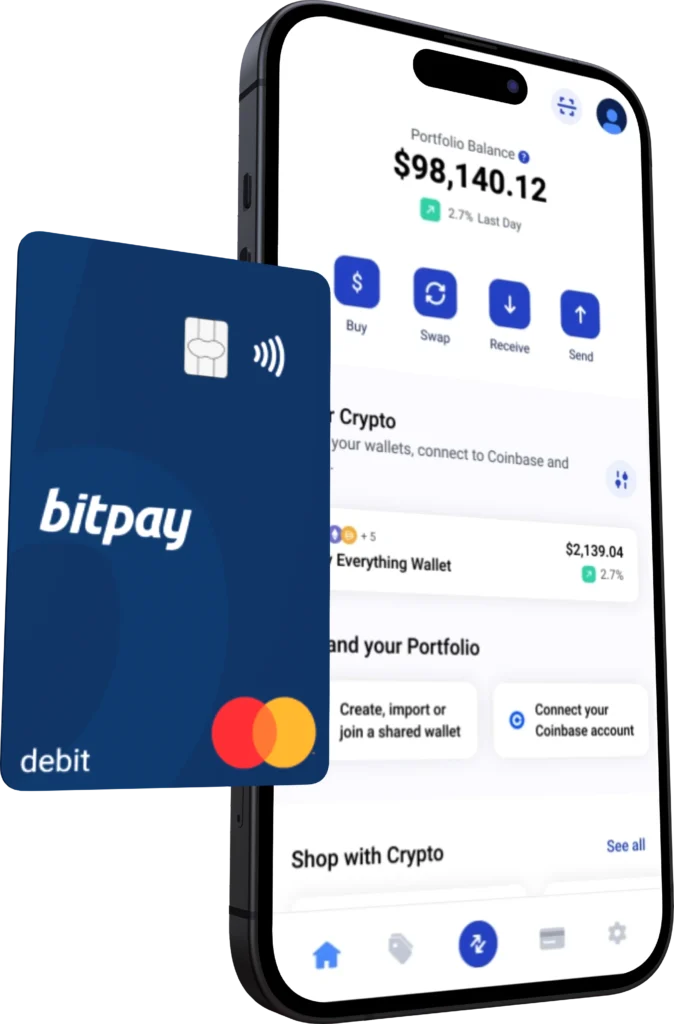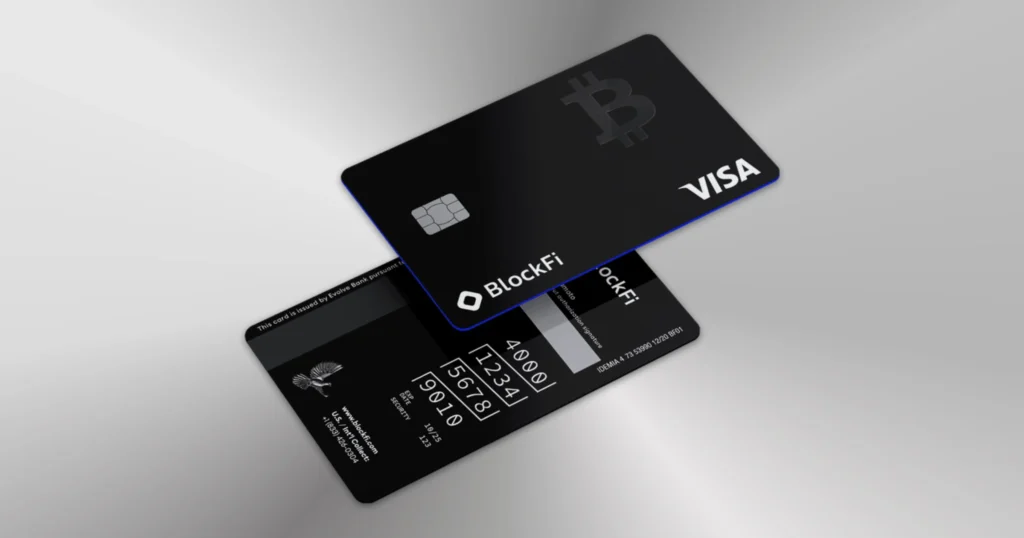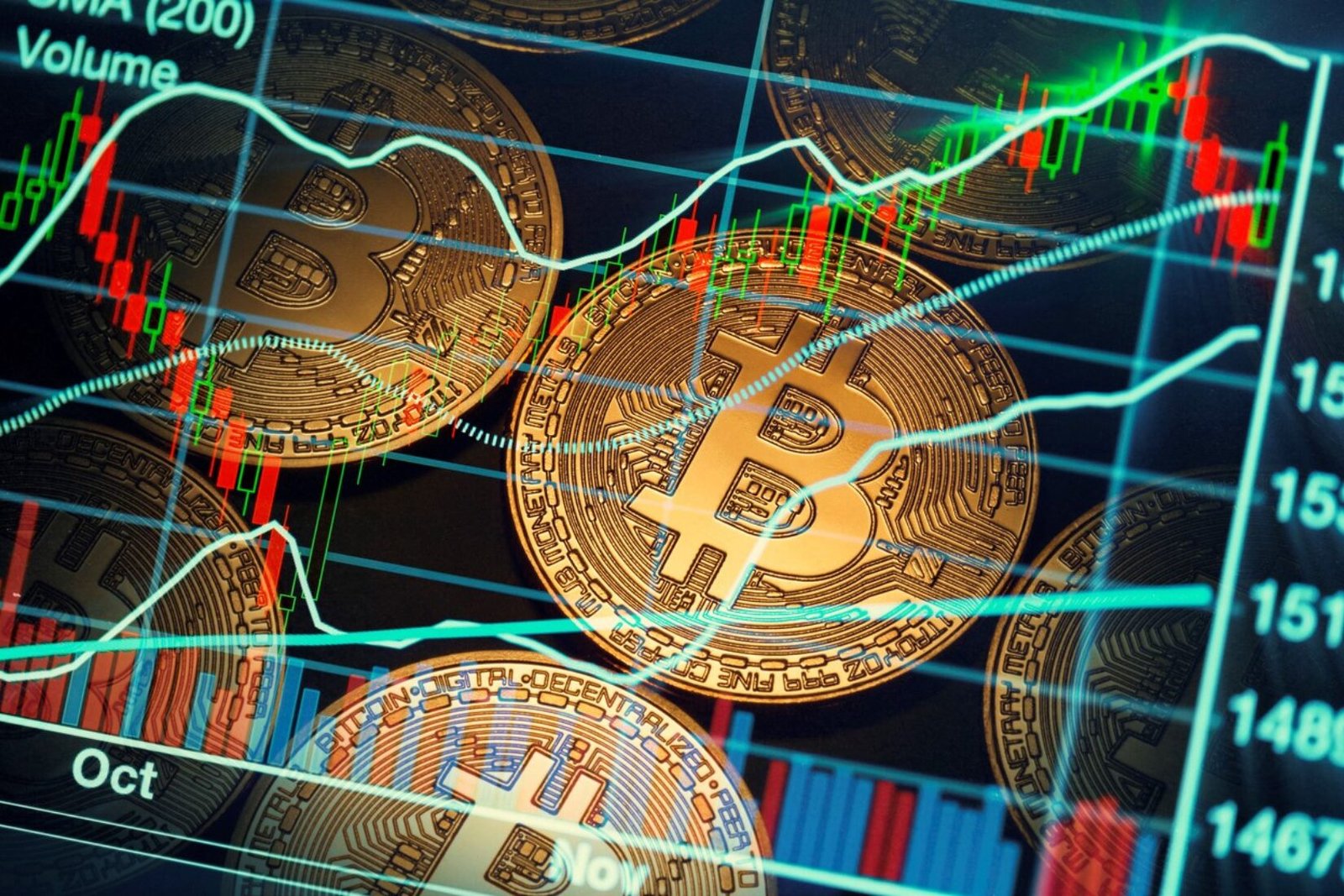So, Is Web3 Card Security Actually Solid?
Web3 credit cards—sounds futuristic, right? A card tied to your crypto wallet, letting you spend tokens as easily as fiat cash. It’s the next evolution in finance, some say. But let’s slow down for a sec. Web3 card security is a big question mark for a lot of folks dipping their toes into the decentralized pool. And honestly, it should be.
Because while the idea of holding the keys to your own financial world sounds empowering… it also comes with a few sharp edges. So, are Web3 credit cards really secure? Or are we glossing over the risks in favor of the hype?
Let’s dig in—warts and all.
What Even Is a Web3 Credit Card?

Before we talk security, let’s clarify what we’re dealing with. A Web3 credit card usually connects to your crypto wallet (like MetaMask or a hardware wallet), often using decentralized finance (DeFi) rails instead of traditional banks.
Some are prepaid-style debit cards where you load crypto, others extend actual lines of credit based on your on-chain history or collateral. Projects like Monolith, Nexo, and even some offerings from Coinbase fall under this umbrella.
They might not always look like your Chase Sapphire, but they function in a similar way—except, well, you’re the bank now.
Cool. Risky. Very Web3.
Security: New Tech, New Threats

Now here’s the meat of it. Web3 card security is layered, and it’s not the same kind of risk you’d expect from a regular card.
1. Web3 Card Security and Private Key Management
This is where things get real. With Web3 cards, your private keys are king. Lose them? You could lose access to everything. No “forgot password” link. No friendly bank rep to call.
If your Web3 card ties to a hot wallet (one connected to the internet), it’s more vulnerable to hacks. Phishing attacks, malware, fake dApps—they’re not just hypothetical anymore.
Cold storage or hardware wallets are safer, but they’re not exactly user-friendly when you’re trying to swipe at the corner store.
So the question becomes: do you really want your everyday spending card connected to something as volatile (and personal) as your crypto wallet?
2. Decentralized, Yes… But Are the Companies?
Many “Web3” cards are still offered by centralized entities. That’s not necessarily bad—but it does create a strange hybrid. You get some of the risks of decentralization with some of the old-school problems too.
If the company goes under (remember FTX?), you might not be able to access your funds—or worse, your card just stops working overnight. Not ideal when you’re buying groceries.
And let’s not forget KYC (Know Your Customer) rules. While Web3 aims to be anonymous or pseudonymous, many cards still require full ID verification. Kind of defeats the point, huh?
But Wait—There Are Some Upsides

Let’s be fair. Web3 card security has potential advantages too.
Smart contracts can automate protections, like transaction limits or wallet whitelisting. You can create rules on-chain that would be impossible with traditional cards.
And some users genuinely are more secure when they’re in control. No third-party data breaches, no shadowy backdoors. If you know what you’re doing—and that’s a big “if”—you might be safer handling your own keys.
Also, fraud is a little different in crypto. Once it’s gone, it’s gone… but it’s also traceable. That transparency can help track down bad actors—assuming authorities can act on it in time.
Bottom Line: Is Web3 Card Security Ready for Prime Time?

Let’s be honest—Web3 card security isn’t perfect. It’s evolving. Fast. But it’s not quite “there” yet for most everyday users. If you’re deep into crypto and understand wallet security, gas fees, and the risks of DeFi, maybe you’re fine. But if you’re just looking to buy coffee and build credit? A Web3 card might be more hassle than it’s worth right now.
There’s potential, no doubt. But in its current form, Web3 card security still relies heavily on the user being tech-savvy, cautious, and honestly, a little paranoid.
So should you use one? Maybe. Just know what you’re getting into—and keep a backup card in your real wallet, just in case.
Relevent news: Here





